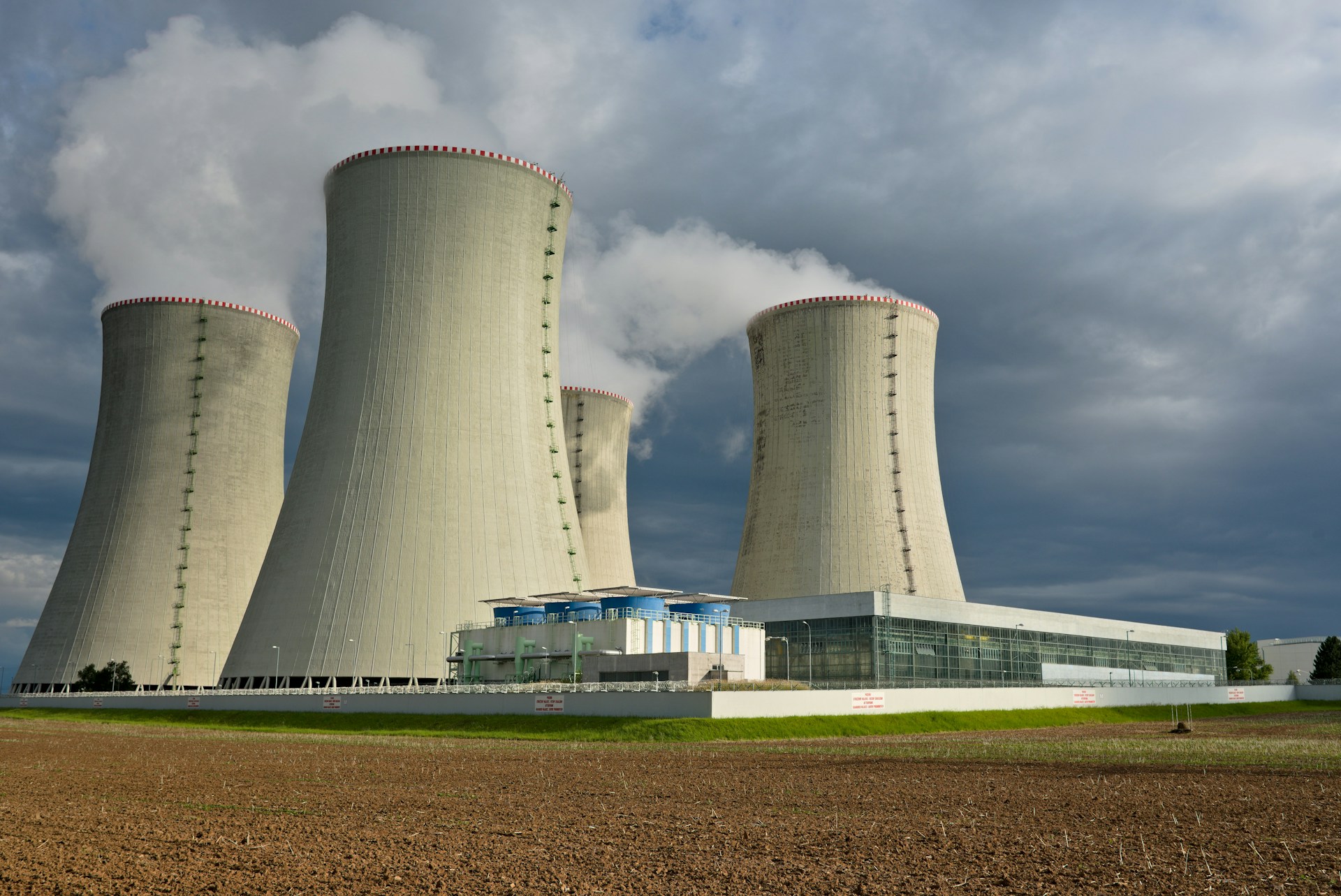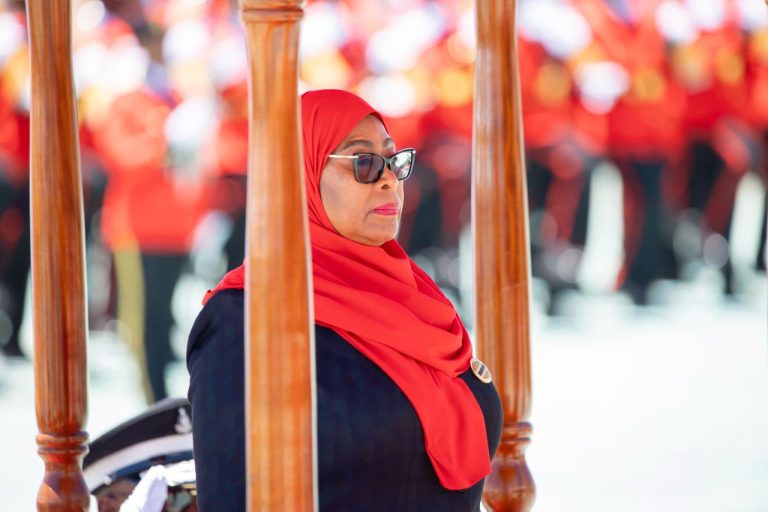- Nuclear project to diversify Ethiopia’s energy beyond hydropower
- Partnership positions Addis Ababa as a future regional energy exporter
ADDIS ABABA, ETHIOPIA – Ethiopia and Russia have strengthened their nuclear energy partnership in a landmark move aimed at transforming East Africa’s energy landscape and reducing Ethiopia’s reliance on hydropower.
Ethiopian Foreign Minister Gedion Timotheos and his Russian counterpart Sergey Lavrov met in Moscow to accelerate implementation of the September 2025 agreement between Ethiopia’s Electric Power Corporation and Russia’s state-owned nuclear energy firm, Rosatom.
The deal covers the construction of a nuclear power plant using Russia’s advanced VVER-1200 reactor technology – a development expected to redefine Ethiopia’s industrial base and export potential.
A new power frontier for East Africa
The planned nuclear facility, with a total capacity of 2,400 megawatts from two 1,200-megawatt reactors, is slated to begin operations between 2032 and 2034. It marks Ethiopia’s boldest step yet toward achieving energy diversification and long-term security.
“The nuclear energy project is central to Ethiopia’s ambition to become a regional energy leader,” Timotheos said at a joint press briefing. “It complements our hydropower exports and provides a stable, reliable source of energy critical for industrial growth.”
A nuclear power source would bolster Ethiopia’s domestic energy stability while enhancing exports to Kenya, Djibouti, and Sudan through existing grid networks linked to the Grand Ethiopian Renaissance Dam (GERD). The government believes the project will also attract foreign investment, reduce diesel dependency, and enable energy-intensive industries to thrive.
Bilateral trade between Ethiopia and Russia reached $191.2mn in the first half of 2025, and officials say the new agreement will likely deepen cooperation in infrastructure, technology transfer, and nuclear science training.
Lavrov described the partnership as a “strategic convergence” of national interests. “Russia is committed to respecting Ethiopia’s interests in military-technical cooperation, public health, culture, and education, reflecting a broadening bilateral agenda beyond energy,” he said.
A precedent for Africa’s nuclear ambitions
Analysts say the deal could set a powerful precedent for other African countries seeking large-scale, stable energy sources to accelerate industrialisation. By integrating nuclear and hydropower, Ethiopia is positioning itself as a regional hub for energy and technological innovation.
“This is more than protocol — it’s signal alignment,” said Aduot Aleu Ayieny of South Sudan’s Ministry of Foreign Affairs. “The Horn is becoming a chessboard of energy, grain, and influence, and Addis is playing its pieces carefully.”
For Ethiopia, the success of the nuclear project could be a litmus test for Africa’s nuclear energy aspirations — and a defining moment in the continent’s march toward sustainable industrialisation.











